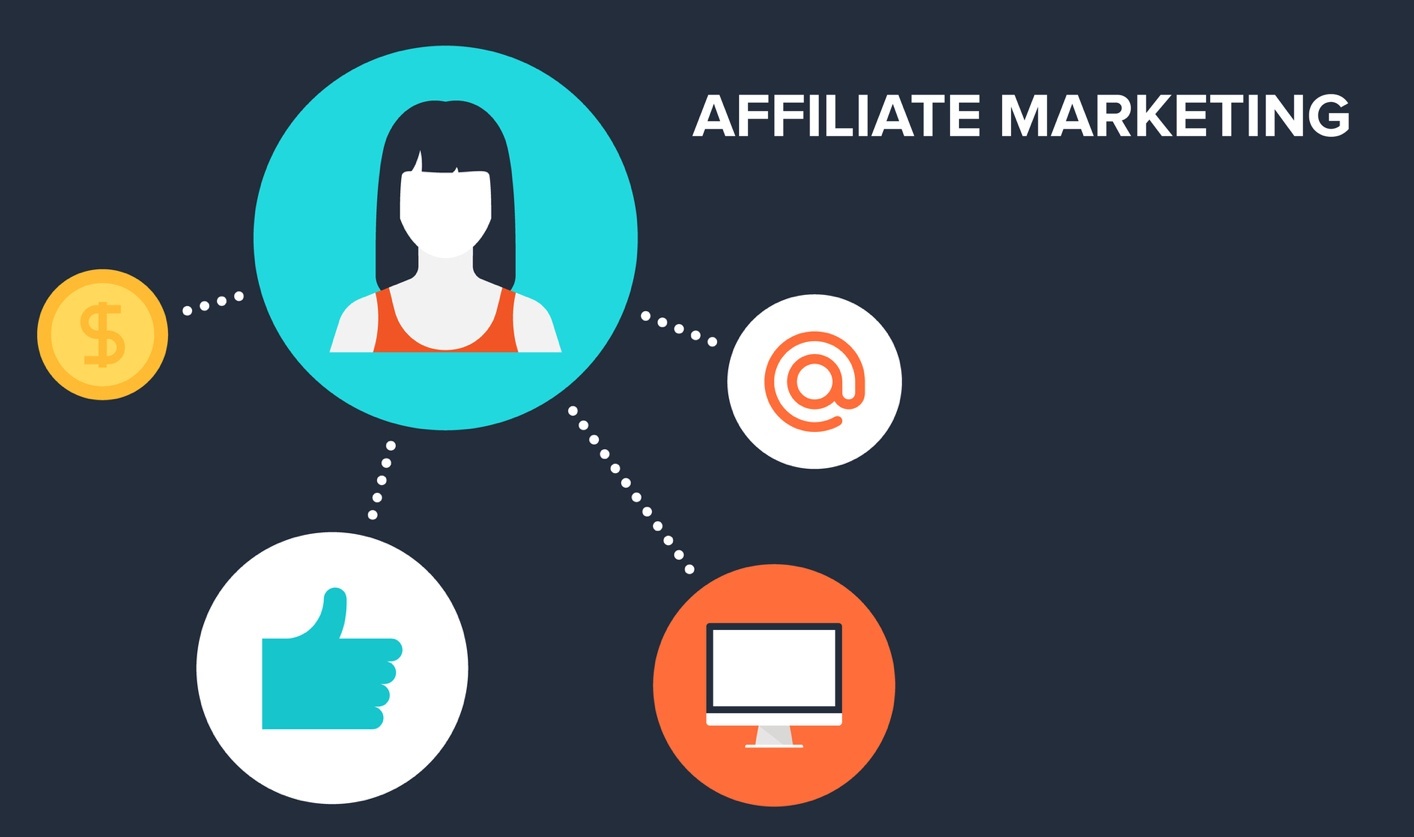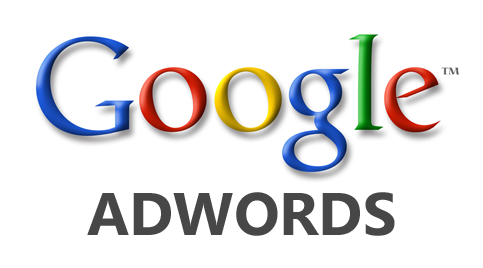We all know that SEO is about making small modification to your website in order for it to rank higher with Google. But which are these changes and which are the most effective? Let’s find out with this quick guide on the latest trends
Always keep your focus on your targeted consumer’s profile. At the end they are the ones generating you profits, not the search engine. Unique titles for your pages with small tags will keep your end user and search engine informed about you so they are win – win choices.
Once you’ve dealt with that part next step is to describe as accurately as you can the page’s content. Simple and clean is the best choice, if interactive as well, your chances to be noticed are significantly improved. Adding lots of text in a complicated academic writing, no photos and no fun will not keep those visitors coming back over and over again. Off course it all depends by your targeted market. There are a few tricks to always keep in mind when creating attractive content:
– Put yourself in your user’s shoes and try to create content for their understanding.
– Pay attention to their different levels of knowledge and interest.
– Research your competition and create content and services which they don’t provide
– Keep your text simple and clean
– Focus should always be around the topic, if other ideas simply poop into your mind create other sections for them.
– Think of your users and place them above the search engines.
– Link contents using anchor text, this is very interactive.
– Add attractive images to match your descriptions.
– Use robots.txt to restrict crawling where it is not necessary.
– Take care of spamming with “nofollow” to message boards and comment columns.

Define a summary for each page and make a good use of the “description” Meta tag.
Use content analysis from Google Webmaster Tool to see if your description is Ok. Remember that Google may choose to use this Meta tags as snippets so make them worthy.
Make sure that it your website is easy to go through for every type of visitor. Keep your URL’s simple and user friendly. Use descriptive text when organizing your files and documents on your website. It will ease the search of your visitors and definitely look better than the numbers and complicated tech abbreviations. So use words and create a simple directory structure. Remember that your fans may choose to link directly to your URL’s.
Also navigation is a very important aspect. The most user friendly structure is to plan everything around your homepage. Another great thing you can do to help your users is to add “breadcrumb lists”. You know, a row with internal links situated at the top or at the bottom of your page that will ease all navigations. If you are not OK doing this you can just allow for parts of your URL’s to be removed, that will also have a positive impact in regards to navigation.
Two sitemaps should always be prepared, one for the end user and one for the search engine. The trick is easy just create a page in lower case to display the structure of your website for visitors and one in upper case which can be submitted via Google’s Webmaster Tools.
An error page 404 for broken links, or simply inexistent page, on your website is always handy and gives proper notifications to your users.
Run a mobile phone interface. As more and more people use their mobile phones to navigate so should you. Yes it adds more challenges as mobile interfaces run differently and they need special management and lots of new knowledge but the rewards are also high. After you taken the trouble to create this interface make sure you let Google know by using Mobile sitemap so they will know to index your website appropriately. Make sure to verify that Google is able to access your website using Googlebot and that they can recognize your mobile URL’s.
Afterwards create special links to guide your user to the desktop and mobile interface. A common problem is that these two get mixed up and the user loses interest in your website.

Don’t forget about promotions and analysis and use the right kind of promotion:
– Make announcements via blogs
– Use social media sites, avoid any artificial promoting, that will do more damage than good in the future.
– Integrate yourself in online communities that relate to your website but stay away from spamming links and purchased links.
Your ultimate goal is making money with this so watch those numbers closely. Use Google Analytics and Website Optimizer to see where you stand.












